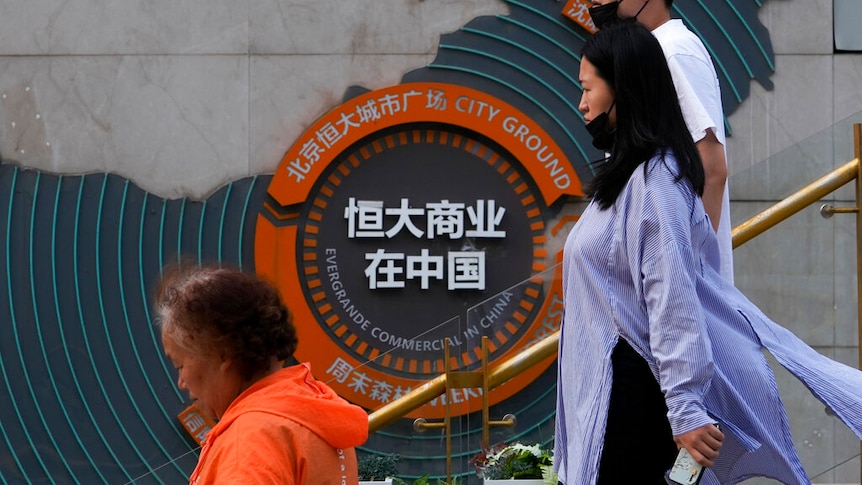- cross-posted to:
- news@beehaw.org
- cross-posted to:
- news@beehaw.org
A Hong Kong court has ordered one of China’s biggest property developers, Evergrande Group, to liquidate after it was unable to reach a restructuring deal with creditors over hundreds of billions of dollars it owes.
Key points:
- Evergrande has been ordered to liquidate after failing to come up with a restructuring deal with creditors over US$300 billion in debts owed
- The liquidator will now attempt to take control of Evergrande assets outside China, but there are fears that could pave the way for other lawsuits
- It could take years for the offshore liquidator to take control of subsidiaries across mainland China



You mean, “Why are gas prices so damn low?”, because a giant economic recession in China will CUT gasoline prices as huge swaths of Chinese citizens run out of money for gasoline cars and switch to busses or other cheaper forms of transit.
Economic calamity causes lower gasoline prices typically.
Its not all bad. The real issue is that bad loans can be transferred to other countries through unknown means. Ex: Apple may have had some Evergrande bonds for some real estate issue in China, and then Apple suddenly loses a lot of money affecting S&P500 funds and then cutting people’s 401k accounts or something.
But economic calamity == less consumption of gasoline (fewer trips, fewer vacations, fewer cruises) == lower gas prices typically. As some people like to point out: all an economic recession is, is when the value of cash grows dramatically (meaning the value of everything else: vacation packages, luxury cars, technology, etc. etc. declines). This “everything else” includes oil, because when no one is going on vacation, oil builds up faster than we can use it.
It could shoot back up when the Strait of Malacca gets blockaded, or when it turns out that major oil production companies depend on Chinese-made equipment, or when Russia collapses and stops selling oil to India because China dropped its military support for them, or any number of other possible knock-on effects.
The exact details are not the important thing in what I was talking about. The point is that China’s economic woes will have an effect on you, not what precisely what those effects will be.
And my point is that effects are often deflationary. IE: The great depression dropped the price of goods.
That means when one country has an isolated recession or isolated depression, its something the rest of the world could easily benefit from. Its not all bad. The full effects are extremely unpredictable, and assuming worst-case scenario over-and-over is counterproductive.
Deflation is bad for people too.
While you’ve argued your way into one partial example of a benefitial effect, you completely lack even remote capacity to properly explain the overall effect of a supposed real estate crisis in China. Spoiler alert: nobody has this capacity. Even the whole Hayward’s econ department with all the computers you could give them.
Yet, there’s an overwhelming historical evidence: big recessions in key world economies lead to recessions in linked countries. So, I’d say, buckle up.
Japan in the 90s as a counterpoint vs US economy.